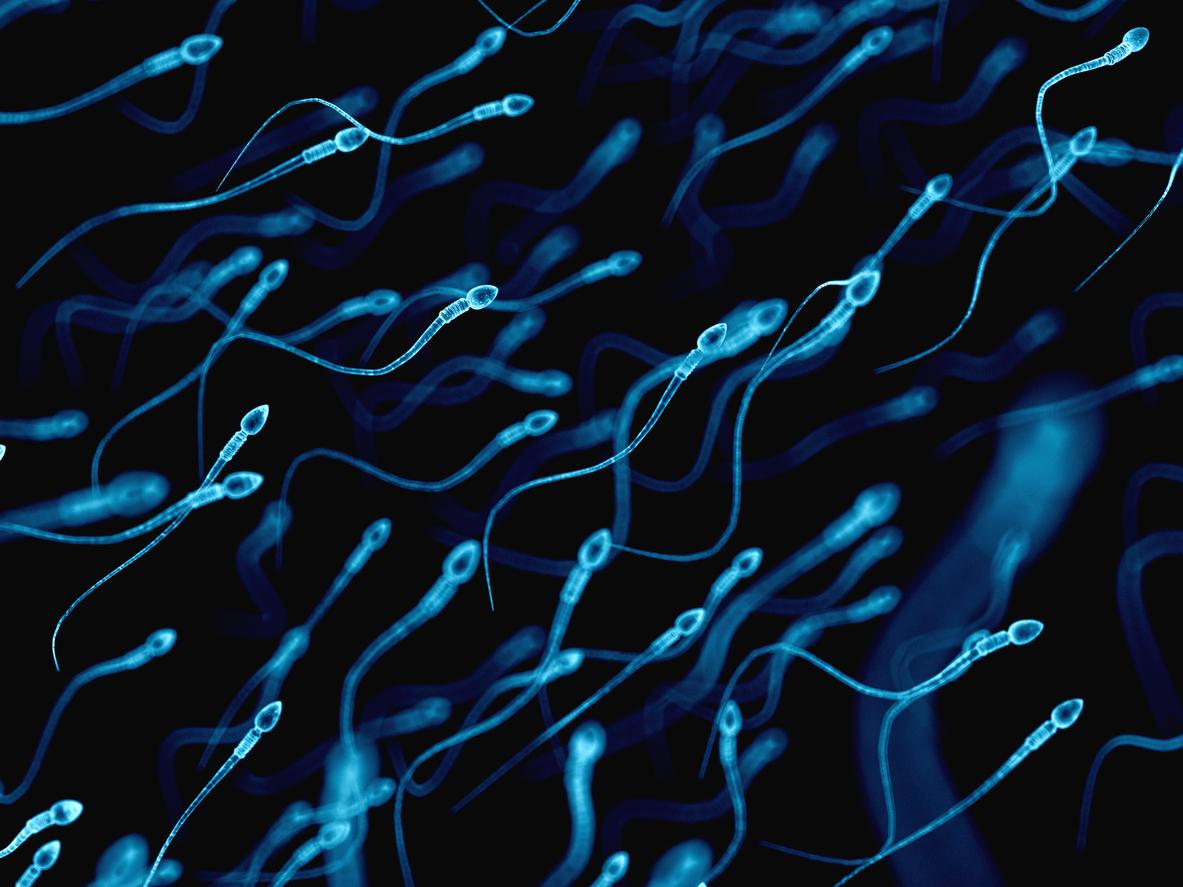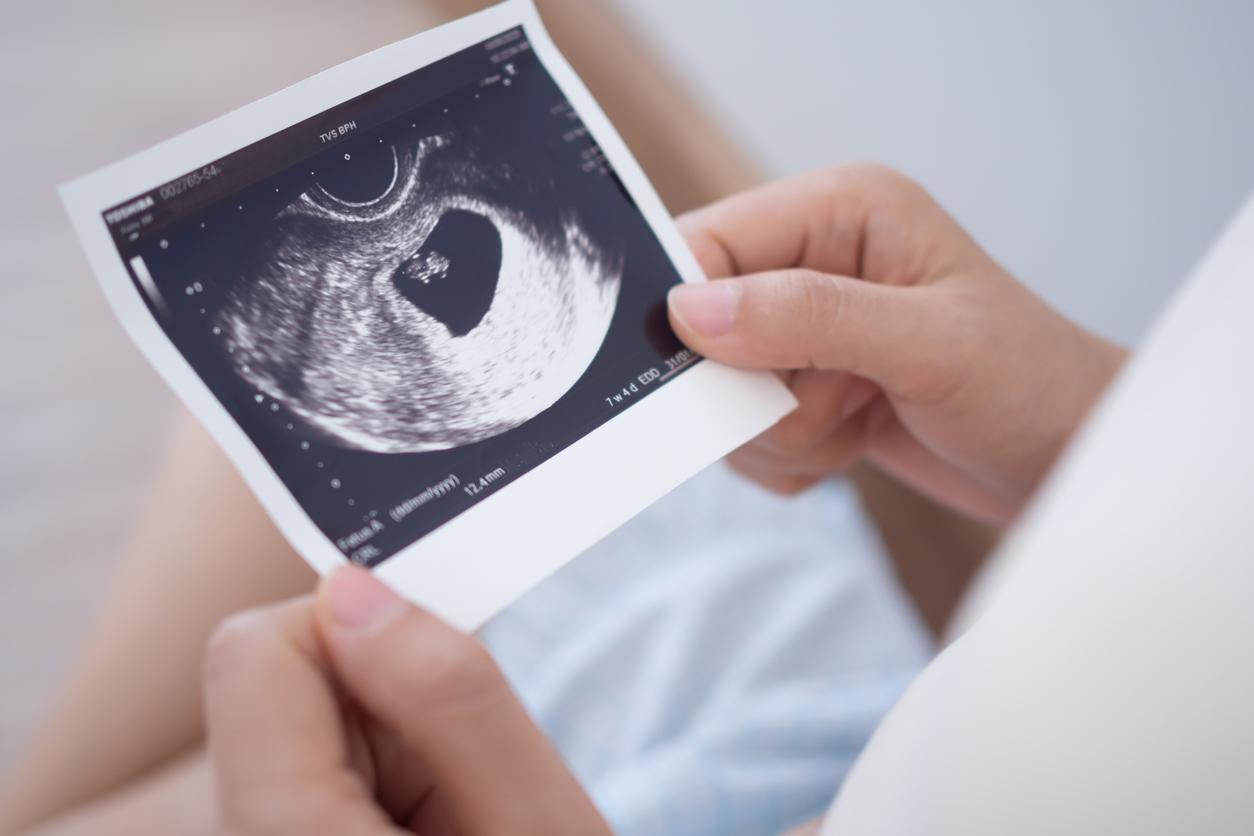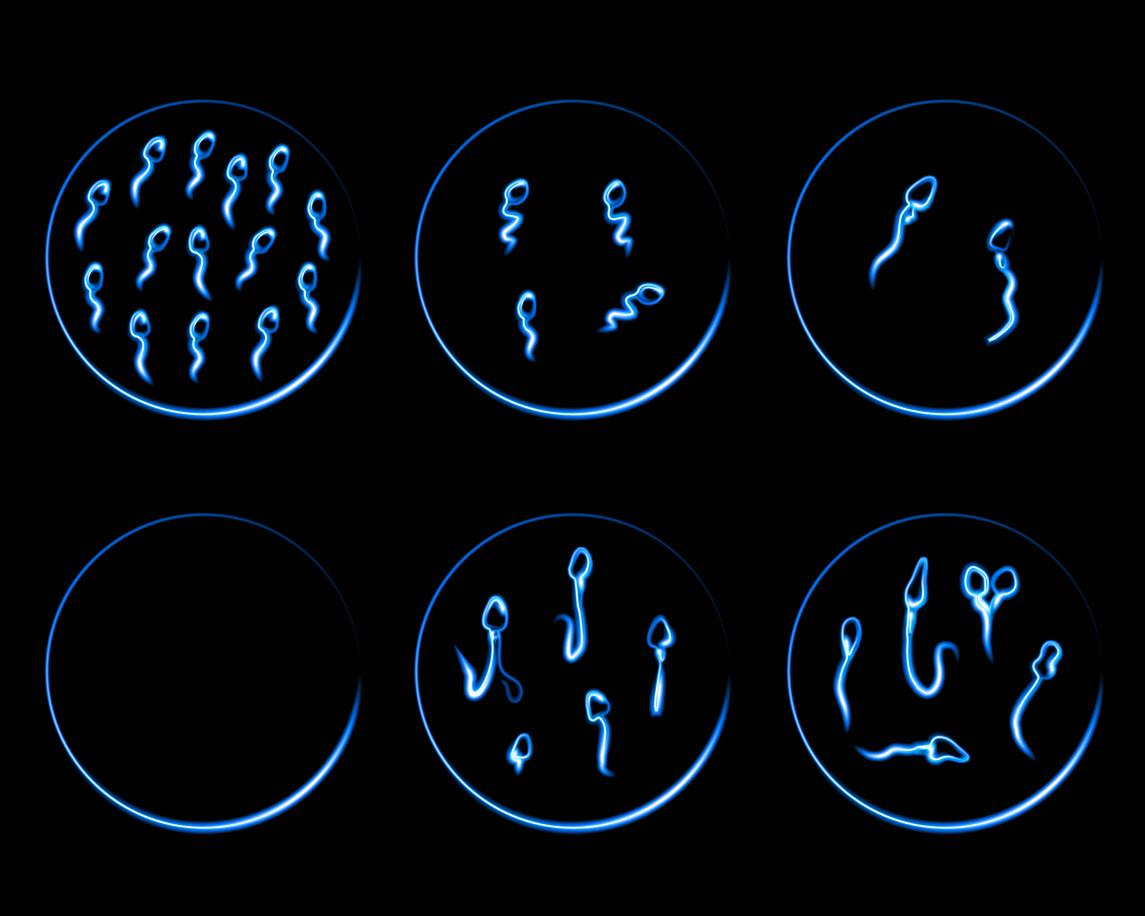Our modern lifestyles and environmental pollution are causing a rapid decline in sperm concentration in men all over the world, which could threaten fertility in the future. This is the “alarming” result of a new meta-analysis.

- Sperm concentration levels are still correct: the WHO sets “the lower reference limit for sperm concentration” at 15 million per millilitre.
- “I think this is a crisis best tackled now, before it reaches a tipping point that may not be reversible,” Professor Hagai Levine, author of the study, told the Guardian.
“The number of spermatozoa is decreasing at an accelerating rate in the world”write the authors of a meta-analysis (a study that analyzes the results of many previous studies), published on November 15 in the scientific journal Human Reproduction Update. According to their work, the concentration of sperm has halved in 46 years. A phenomenon in rapid increase and very “alarming” for researchers, because although sperm count is an indicator “fertility imperfect”It is “closely related” the chances of conceiving.
Fertility Decline: A Global Lifestyle Crisis
The researchers note that this decline reflects a “global crisis” linked to our modern environment and way of life, which has wider consequences for the long-term survival of humanity.
This research was carried out by an international team led by Professor Hagai Levine, a public health physician from the Hebrew University of Jerusalem. They brought together data from 223 studies on the subject, from 53 countries (including France) on six continents. According to their results, sperm density fell from 101.2 million per milliliter in 1973 to 49 in 2018, or “a decrease of 51.6% overall”. The study authors also note a “marked increase” of this decline in recent years: it went from 1.16% per year between 1972 and 2000 to 2.64% per year after the 2000s.
“Passed a threshold of 40 to 50 million/ml, a higher sperm concentration does not necessarily imply a higher probability of conception”can we read in the study, but “below this threshold, the probability of conception decreases rapidly as the sperm concentration decreases.”
Declining reproductive health could threaten human survival
“We have a serious problem on our hands which, if not mitigated, could threaten the survival of humanity. We urgently call for global action to promote healthier environments for all species and reduce exposures and behaviors that threaten our reproductive health”said Professor Hagai Levine, in a communicated.
“France is no exception. In France, thanks to the availability of good quality data, we are certain that there is a strong and lasting decline, as elsewhere in the world”adds a co-author of the study, Shanna Swan (Mount-Sinai School of Medicine in New York), quoted by The world.
The notable point of this study is to have confirmed that the decrease in the concentration of spermatozoa is a worldwide phenomenon. Previous work had already found a drop in sperm concentration with data ranging from 1981 to 2013, but only concerned the West (North America, Europe and Australia), due to the lack of data in other areas. geographical. This new study also mentions a drop in sperm count in people living in South and Central America, Asia and Africa.
Why is sperm count declining?
Although this study did not examine the causes of the drop in sperm count, Professor Levine notes that recent research has indicated that disturbances in the development of the reproductive tract during fetal development are linked to reduced fertility. subsequently altered. Health insurance also mentions tobacco consumption, obesity, endocrine disruptors but also the many pollutants present in our environment.















